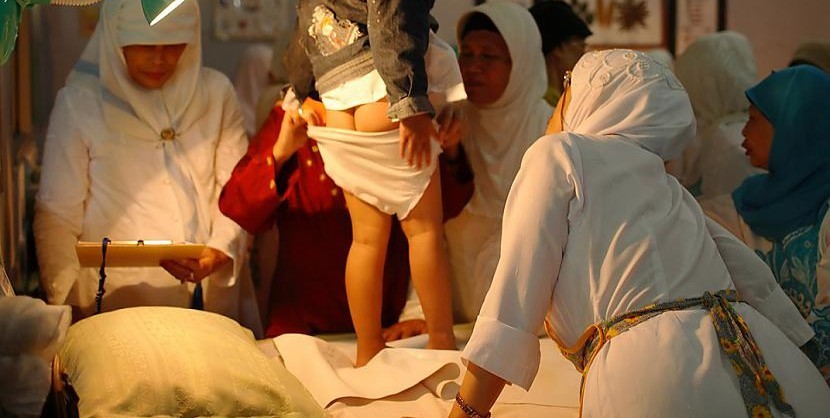The Minnesota Senate version of a bill passed by the Minnesota House that would punish parents who subjected their daughters to female genital mutilation (FGM) is stalling in the Senate because some members of Minnesota’s immigrant and refugee communities oppose it.
The House bill, introduced by Rep. Mary Franson, would make the crime a felony, with a concomitant loss of custody and a prison term ranging from five to 20 years. It would also increase penalties for anyone performing the procedure. Female genital mutilation has been illegal in the state since Minnesota passed legislation in the 1990’s.
On September 30, 1996, Congress criminalized FGM as part of the Illegal Immigration Reform and Immigrant Responsibility Act of 1996, writing, “Whoever knowingly circumcises, excises, or infibulates the whole or any part of the labia majora or labia minora or clitoris of another person who has not attained the age of 18 years shall be fined under this title or imprisoned not more than 5 years, or both.” But the law was not enforced until recently, when a Detroit doctor was arrested for performing the procedure.
But even before that, Minnesota had addressed the issue, and in a more far-reaching way. In 1994, Minnesota was the first state to enact legislation related to FGM. The state amended its criminal code to declare “whoever knowingly circumcises, excises, or infibulates, in whole or in part, the labia majora, labia minora, or clitoris of another is guilty of a felony.” Thus the state did not limit the crime to female victims under the age of 18, but extended the range of victims to include all women.
But now, the Council for Minnesotans of African Heritage, a nonprofit titled Isuroon and other groups assert that the punishment for the crime in the proposed legislation is unduly harsh and thus parents from countries where genital cutting is common would not seek medical care for their children. The Senate bill’s author, Sen. Karin Housley, said she was considering delaying a vote on the legislation, adding, “We all agree this practice is absolutely horrible, and something needs to be done. How can we empower communities to address this practice from within rather than having Big Brother come down and say, ‘This is wrong’? ”
Franson said the Senate was “more concerned with perception than doing the right thing and protecting girls … Watering down the bill really does a disservice to the little girls who are in danger.”
In the House, 124 out of 128 House members voted for the bill, including Rep. Ilhan Omar, the country’s first Somali-American legislator.
Opponents of the bill argue that parents who come to the United States with girls who have already undergone the procedure could be punished because the bill mandates reporting to authorities by health care providers.
Brikti Hiwet, a reproductive health lecturer at the University of Minnesota and St. Catherine University, commented, “How can you protect children when you take them away from their families and put them in foster care?”
But Franson pointed out the language in the bill limits penalties to those residing in the United States when the procedure is executed. She concluded, “America is the land of the brave and the home of the free. Little girls who moved here from other countries have the right to be free from the oppression of female genital mutilation.”
































